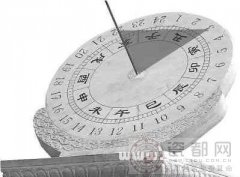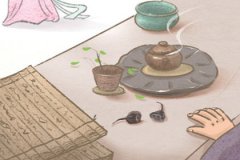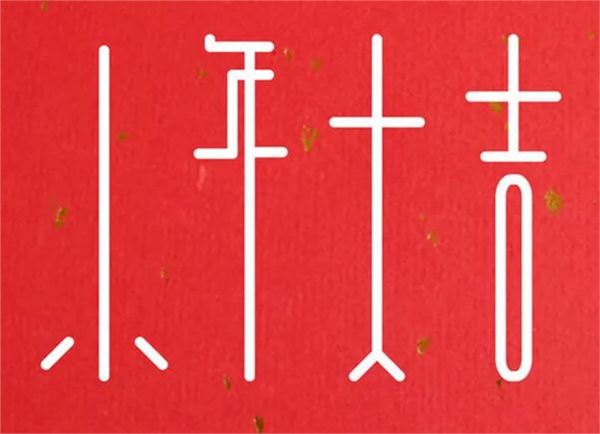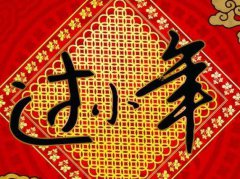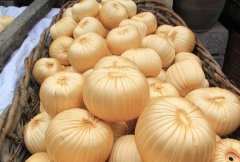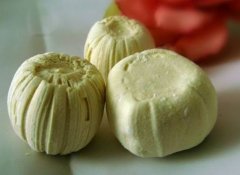由于外国人不过小年,所以在英文中确实没有小年的准确词汇或释义,多数都是中国人来进行定义和描述的短语或翻译,孰优孰劣还由你决定。
1、off year
这一解释出于《汉英大辞典》,off year是目前使用最普遍的翻译,但是这个翻译却并不贴切,因为off year在英文解释中表示“非大选年”的意思,被中国人转义为“小年”,同时off year在英文中还指果树、竹子的歉收年,所以off year的译法与我们中国小年的祭灶习俗等活动完全是风马牛不相及。
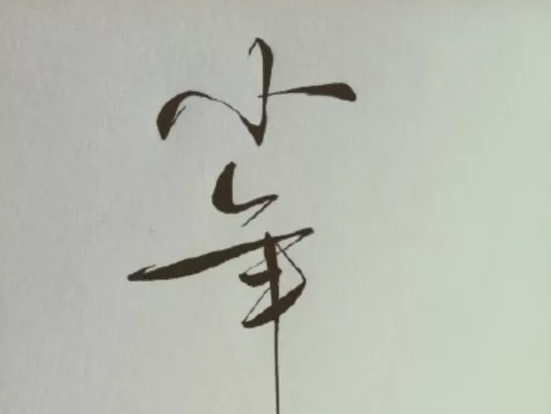
2、a lunar year in which the last month has 29 days
这一解释出于《上海译文汉英大辞典》,意思指农历腊月是小建的年份,也就是说,农历腊月只有29天,没有年三十的年份。同时《外研社汉英双语现代汉语词典》中也有类似解释。
3、在《汉英词典》中出现的对于小年的解释:festival on the 23rd or 24th of the 12th month of the lunar year, when sacrifices are made to the kitchen god 意思是节日,腊月二十三或二十四日,旧俗这天祭灶。
对于小年用英语怎么说,有人建议可以用Minor New Year,但New Year显然不是春节的意思,似可考虑Minor Spring Festival或Minor Chinese New Year的说法。
有关小年用英语怎么说,上述2和3都是中国文化用语,与阴历历法和传统节日有关,使用拼音后接解释性翻译是比较通用的译法。
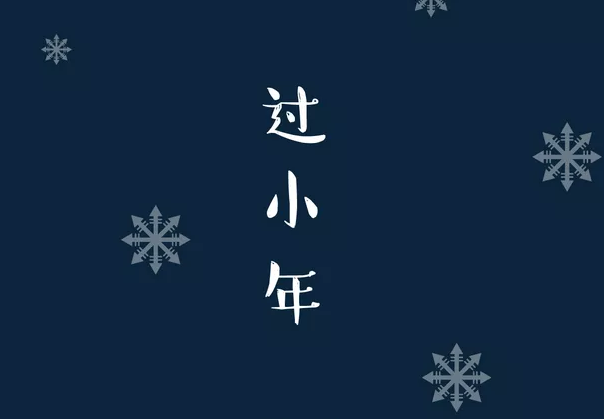
“小年”的六种民间习俗
1. Offer sacrifices to Kitchen God 祭灶王
In one of the most distinctive traditions of the Little New Year is the burning of a paper image of the Kitchen God, dispatching the god's spirit to Heaven to report on the family's conduct over the past year. The Kitchen God is then welcomed back by to the home through the pasting of a new paper image of him beside the stove. From this vantage point, the Kitchen God will oversee and protect the household for another year.
“小年”最具特色的风俗就是“祭灶王”,具体来讲就是将旧的灶王像烧掉,送“灶王”上天禀报这家人过去一年的善恶。大年三十的晚上,要在灶台旁贴一张新的灶王像,也就是“接灶”。这样,来年“灶王爷”就能继续监督并庇佑这一家人。
Most of the offerings are sweets of various varieties. It is thought that this will seal the Kitchen God's mouth and encourage him to only say good things about the family when he ascends to heaven to make his report.
人们还会在祭灶时给灶王爷摆上多种甜点做贡品,认为这会堵住灶王爷的嘴,让他上天汇报时只说好话。
2. House cleaning 扫尘土
Between Laba Festival, on the eighth day of the last lunar month, and Little New Year, on the twenty-third day, families throughout China undertake a thorough house cleaning, sweeping out the old in preparation for the New Year. 从腊八到小年这段时间,中国大部分家庭都会彻底清扫房屋,“辞旧迎新”。
According to Chinese folk beliefs, during the last month of the year ghosts and deities must choose either to return to Heaven or to stay on Earth. It is believed that in order to ensure the ghosts and deities' timely departure people must thoroughly clean both their persons and their dwellings, down to every last drawer and cupboard.
根据中国民间习俗,鬼魂和神灵都要在腊月选择返回天上还是留在人间。为了保证“他们”及时离开,人们必须彻底进行清扫,包括个人卫生和住所,抽屉和碗柜的犄角旮旯也都要打扫干净。
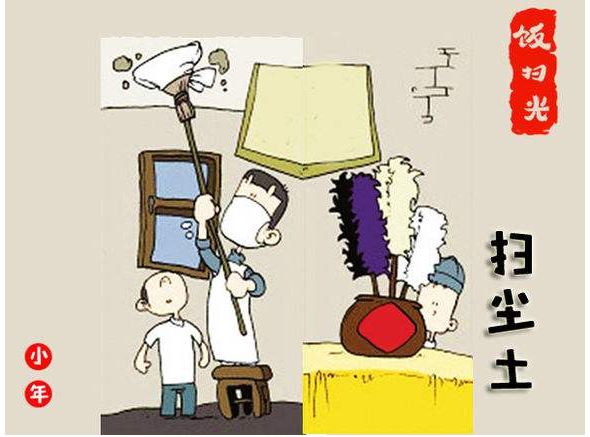
3. Eat Guandong candy 吃关东糖
Guandong candy, a sticky treat made out of glutinous millet and sprouted wheat, is a traditional snack that Chinese people eat on the Festival of the Kitchen God.
关东糖是用麦芽、小米熬制而成,是人们在小年吃的传统小吃。
4. Paste paper-cuts to windows 贴窗花
In the Little New Year, old couplets and paper-cuts from the previous Spring Festival are taken down, and new window decorations, New Year's posters, and auspicious decorations are pasted up.
过小年时,要把去年春节贴的春联和窗花取下,贴上新的窗花,年画,和各种大吉大利的装饰品。
5. Bath and hair-cut 沐浴理发
As the old Chinese saying goes, whether they're rich or poor, people often have a haircut before the Spring Festival. The activity of taking bath and haircut is often taken on the Little New Year.
民间有“有钱没钱,剃头过年”的说法。“小年”时人们常要沐浴理发。
6. Preparations for Spring Festival 办年货
People start to stock up necessary provisions for the Spring Festival since the Little New Year. Everything needed to make offerings to the ancestors, entertain guests, and feed the family over the long holiday must be purchased in advance.
从小年开始,人们就要为过年置办了,包括给祖先的贡品、招待客人的用品,还有过年期间一家人的吃食都要提前买好。






 支付宝打赏
支付宝打赏  微信打赏
微信打赏 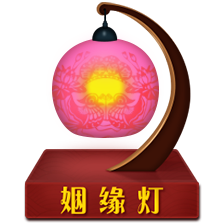 接引佳偶
接引佳偶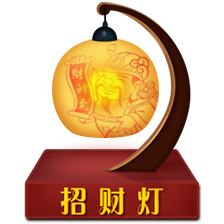 招财进宝
招财进宝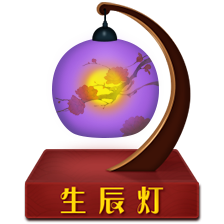 心想事成
心想事成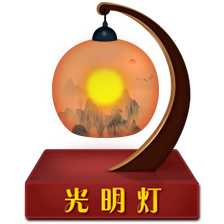 前途无量
前途无量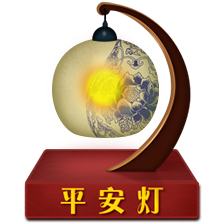 平安顺遂
平安顺遂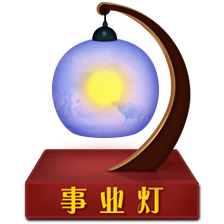 升职加薪
升职加薪